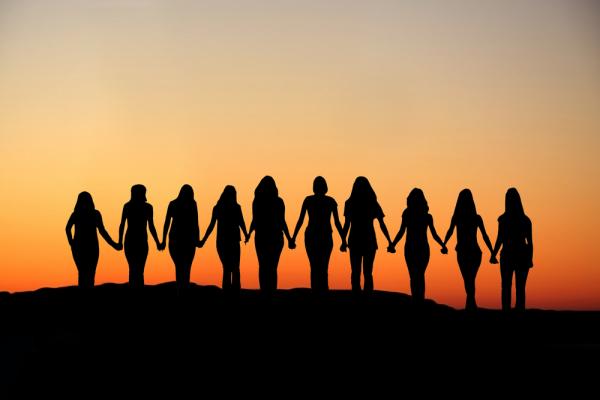Though God originally intended that humankind experience goodness and abundance, forces that seek to counter the divine will of God continue to struggle. The divine will of God is for God’s children to prosper, live in peace, unity, and attain equity of God’s resources. God in infinite wisdom established a plan for reconciliation to the disruption in social order before the foundation of the earth.
In this way, God took a stand for what mattered: against the evil that coopted the human experience by way of sin; for God children’s to all have equal access to the graces and life available that came through acceptance, profession of faith, and obedience.
It is no secret that in today’s culture, there is an outcry that resembles the prophetic witness of taking a stand for what matters.
Read the Full Article

